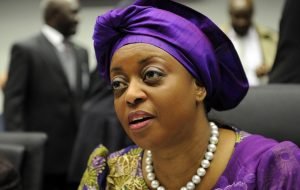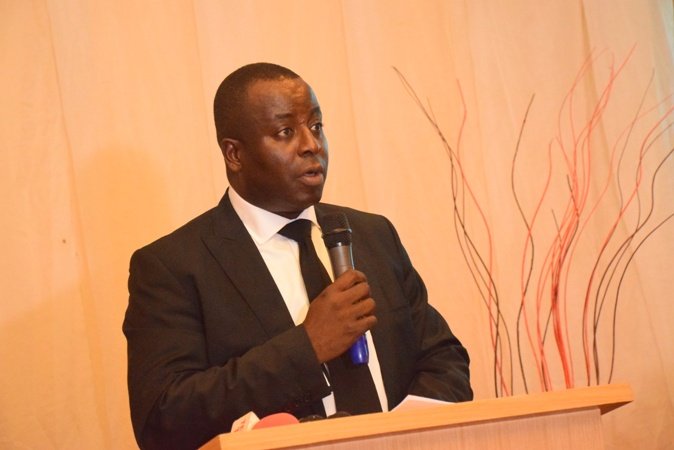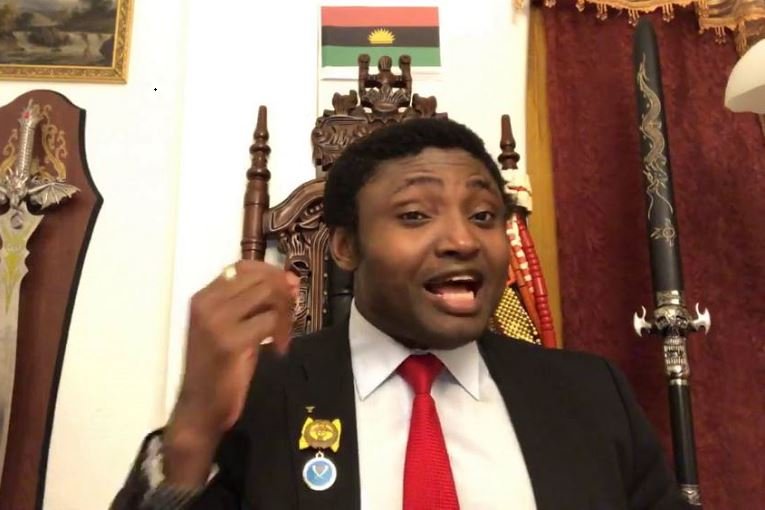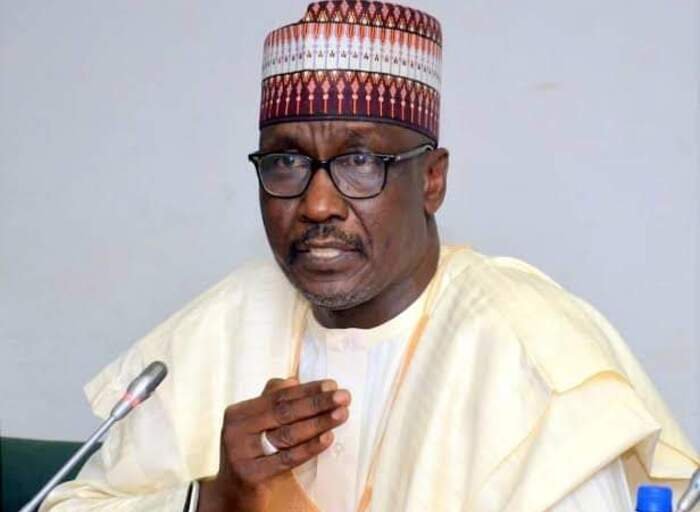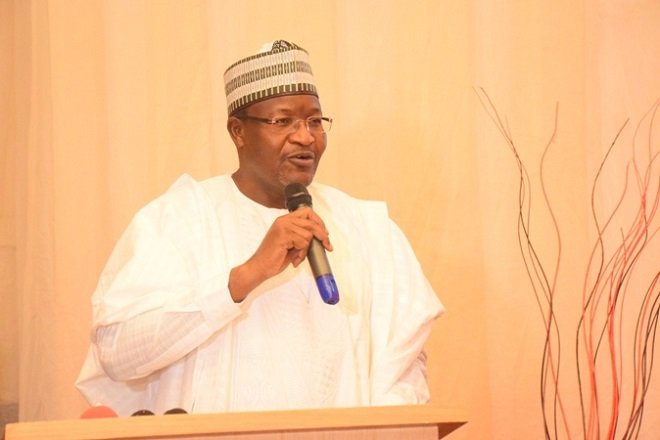
Photo: Chronicle NG
A debts profile of about N30 billion is currently rocking Nigeria’s $68 billion telecommunications industry, The Guardian has learnt.
The debt is being owed the Value Added Service (VAS) providers by the telecom operators and has been on for about five years now.
VAS is a popular telecom industry term for non-core services, or all services beyond standard voice calls and fax transmissions. It can be used in any service industry, for services available at little or no cost to promote their primary business.
Though, The Guardian gathered that about eight per cent or about N2.4billion of the debt was recently offset by the service providers, but slow responses from the telcos, especially the Mobile Network Operators (MNOs) has however, led to the shutting down of 30 per cent of the VAS operators in Nigeria, thereby expanding Nigeria’s unemployment market.
In the telecom industry, on a conceptual level, value-added service add value to the standard service offering, spurring subscribers to use their phone more and allowing the operator to drive up their Average Revenue per User (ARPU). VAS operators, which ride on telecoms operators’ platform to send out messages (unsolicited SMS), telemarketing, among others, are about 100 in Nigeria, according to investigation by The Guardian.
A leading VAS operator headquartered in Abuja, who spoke in confidence because of the sensitivity of the matter and to avoid victimisation, claimed that telecom operators owe them big.
According to the Managing Director of the firm, there is a service provider owing VAS operators up to N8 billion, “but we cannot fight them.
“We just must continue to appeal because we ride on their platform to survive. I think cumulatively the debt should range between N25 billion and N30 billion. It could be more than that. But we are just appealing that they should pay us. Most VAS providers have shut down business because they cannot sustain it again.”
The Guardian also gathered that apart from five years outstanding debts owed by telecommunications operators, they have collected the money from subscribers but refused to pay the VAS providers, amidst poor revenue sharing formula.
Investigation showed that a leading telecoms operator with office on the Victoria Island has remained a major culprit for years. The MNO is believed to derive pleasure in delaying VAS operators’ entitlement, and was recently forced to pay a substantial sum of the debt, through the intervention of the Nigerian Communications Commission (NCC), the industry regulator.

The Coordinator of VAS at the Association of Telecommunications Operators of Nigeria (ATCON), Hyacinth Anucha, said indeed telecommunications operators owe VAS providers huge debt, “but I cannot give the specific amount now because of the sensitivity of the matter.”
Anucha blamed the heavy indebtedness on the sharing formula for revenue generated through the services rendered by VAS operators.
He disclosed that initially the sharing formula was 60:40 per cent ratio, with VAS operators getting the bigger share, “but that has changed, it now fluctuates between 70:30 per cent ratio and 85:15 per cent ratio with telecom operators getting the lion share. The sharing formula is putting them out of business.
Anucha called on NCC to go beyond intervention in handling the matter, and suggested better policy formulation and implementation to actually address the issue.
Speaking on the implications of the debts on the industry, he said: “Today, we talk about local content and there is a framework for it. Then, we are not paying the people that are providing the content, of course we are sending them out of the market; that will also amount to job lose, sending a lot of people back to the labour market and encouraging crime.
“The youths are innovative; there must be a policy that supports them. If not, the smaller businesses will die. That is why I believe there should be a policy to ensure the bigger players so not kill the smaller players.”
In a telephone interview with The Guardian, the National Coordinator, Wireless Application Service Providers’ Association of Nigeria (WASPAN), the industry body for VAS licencees, Chijioke Ezeh, said some operators owe because of technical issues, while some because they don’t want to pay.
Ezeh, while calling for upward review of the revenue sharing formula between the two parties, stressed that there are backlog of debts, which is actually stifling VAS operators growth in the country and limiting their job creation capacity.
According to him, WASPAN is working with the NCC to resolve the matter amicably, stressing that time pass, “we have engaged the networks and even gone to the press to discuss issues bothering on our survival.”
When contacted, the Chairman, Association of Licensed Telecommunications Operators of Nigeria (ALTON), Gbenga Adebayo, said the matter has not been communicated to the body officially, and cannot “say much about the issue.”
Adebayo however said because VAS providers and telecommunications operators are a going concern, they should be able to reconcile amicably without issues.
For the President, Association of Telecommunications Companies of Nigeria (ATCON), Olusola Teniola, “ATCON will work with VAS members to put a position paper together for NCC to review in conjunction with the VAS framework due out by the regulator.
“We are very concerned that the commercial business models being operated by some of the VAS operators cannot scale under the fierce competition being experienced in the telecoms market right now. Thus, also needs immediate intervention.”
In a related development, the interconnect clearing houses have also accused dominant telecom operators of not passing enough traffic through their interconnect clearing exchanges, and also claimed that the operators equally owed them huge sums of money in debts.
About three years ago, The Guardian had exclusively reported how N30 billion Interconnect debts were pitching operators against one another with MTN being owed majority of the debt.
The Executive Vice Chairman of NCC, Prof. Umar Danbatta, informed that the Commission’s intervention in the past one-year had resulted in payments of about N10.5 billion from about reported N17 billion debts.
He disclosed that agreements have also been reached for the settlement of outstanding debts.Danbatta said that the Commission’s approach to interconnect and VAS debts in the industry are persuasive.
“The regulator is not interested in micro managing financial and relationships between, and among service providers, that have been substantially protected by subsisting commercial agreements.
“On the VAS segment, we believe that the absence of detailed regulation with appropriate market segmentation is responsible for interconnect disputes. We have received reports, especially from the VAS providers, of alleged exploitation by the big operators.
“On the other hand, the service providers have complained about the parasitic nature of this service. There is also a fusion of roles between the identified market segments, resulting in distortions in the market.”
Danbatta added that the Commission had conducted a consultative process and is about concluding arrangements for the introduction of a regulation to guide the activities of the VAS market. This will substantially address the issues arising from VAS interconnect debt.


